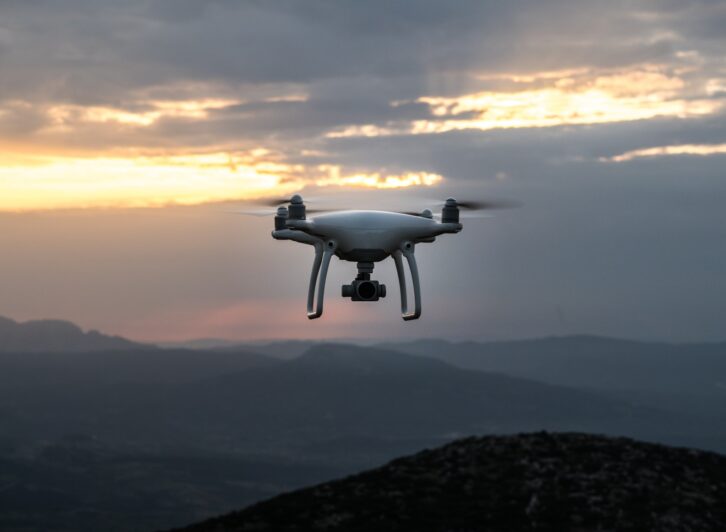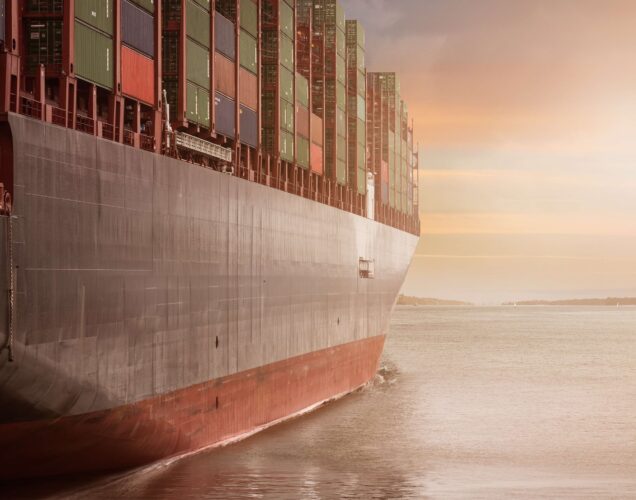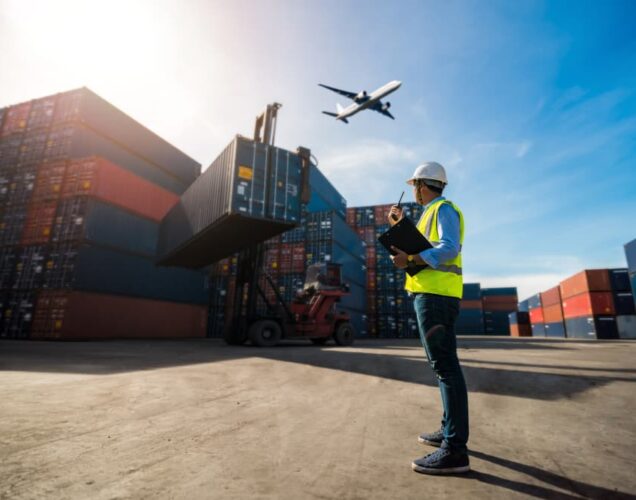Rapid technological progress is all around us and the logistics industry – in common with many others sectors – is going through a period of unprecedented transformation. In this blog, we’ll look at some of the key technologies that are likely to drive change in logistics and delivery in the coming months and years.
The Latest Technology in Logistics
Track and Trace
The basic technologies that allow logistics firms and their customers to track and trace the location of a package in transit are already fairly well established, but we expect to see them becoming much more widely utilised in the near future.
From Data Matrix barcoding to RFID (radio-frequency identification) chips, we’re likely to see these technologies interacting more with connected Internet of things (IoT) devices and easily accessible, cloud-based tracking systems.
Warehousing Robots
Increased or total automation at various points in an item’s delivery journey is inevitable. At the end of 2016, Amazon said it had a total complement of 45,000 robots across 20 fulfilment centres – an increase of 15,000 on their numbers a year before.
As the cost of such technologies comes down, we expect to see a marked increase in the number of companies using robots for picking and packing in the coming years.
Driverless Lorries
The technologies for driverless trucks are already with us. In April last year, a platoon of lorries – connected to a lead vehicle and each other by Wi-Fi – undertook a driverless journey from various start points in Europe before joining up and making their way in convoy to the port of Rotterdam.
While government plans for a similar driverless truck trial in the UK are currently stalled, the clear efficiencies and benefits of driverless vehicles mean it may only be a matter of time before their use becomes standard practice in the logistics industry.
Drone Delivery
This is another innovative technology in which Amazon is pushing the boundaries. The retailer delivered its first package by drone in the UK last December as part of a trial scheme, with company boss Jeff Bezos boasting that it took just 13 minutes from click to delivery. And they don’t intend to stop there – last year, Amazon also filed a patent to effectively use airships as floating warehouses, dropping drone deliveries to customers.
Dozens of other retailers, e-commerce logistics companies and postal services worldwide have already started or intend to undertake their own drone delivery trials, and it looks likely that it may well become a commonplace delivery method sooner rather than later.
What does this mean to Freight Forwarders?
Some freight forwarders are worried about these new technologies and the impact they might have on their supply chain; and while Hemisphere will be investing in technology, like a new track and trace system to enhance our operational efficiency, we believe a personal approach to customer service is far more important than technological gadgetry.
Nothing beats face-to-face interaction and the human touch – something that can’t be replicated by machines – but we’ll be keeping our finger on the industry pulse to ensure we’re staying abreast of the latest advancements that could benefit our customers.
To find out more about our global logistics services, and how they can bring time and cost efficiencies to your supply chain, give us a call on 01473 550 800 or fill out our ‘Quick Quote’ form.





